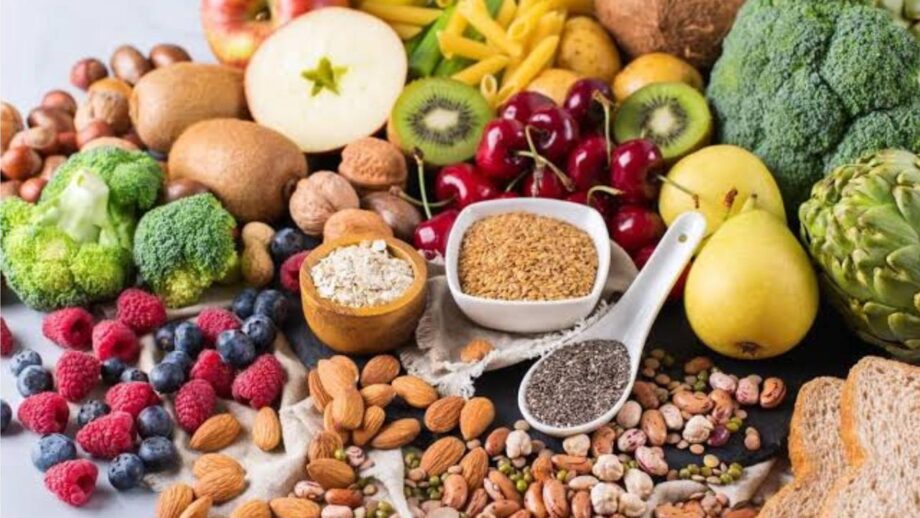A balanced diet is necessary for children’s growth and development, so parents must make sure that their kids eat it. Protein is a crucial element of a healthy diet. This is due to the fact that proteins are essential for the structural and functional integrity of every living cell. Our body contains half of its total protein as muscle, with the other half being found in bone, nails, hair, cartilage, and skin. Proteins are intricate molecules made up of many amino acids. Since the human body is unable to manufacture some amino acids, these so-called “essential” amino acids must be consumed through diet. The body can produce additional non-essential amino acids to create proteins. Proteins have a variety of purposes in addition to producing energy.
The amount of protein needed can change with age, physiological conditions, and stress. However, children who are growing, pregnant women, and people who are ill or want to reduce weight all need more protein than other people. Good sources of protein include both plant-based foods like pulses and legumes and animal products like milk, meat, poultry, fish, and eggs. Since they contain each of the nine necessary amino acids in the proper ratios, animal proteins are high-quality sources of protein. However, because they lack one or more necessary amino acids, plant or vegetable sources of protein are not of the same quality. However, you can have enough protein each day by combining grains, millets, and pulses.
Look at a few high-quality protein sources for your child:
1. Whole eggs: As they contain all nine essential amino acids, eggs are a good source of protein. They combine deliciousness with nutrition. They are suitable for both breakfast and late snacks.
2. Chicken: Chicken, which is delicious and rich in protein, must be a staple in your child’s diet. Chicken is good for the heart, enhances your kid’s athletic ability, and increases muscular growth.
3. Lentils and rice: These vegan protein sources may be deficient in several key amino acids. However, combining these two can result in a meal that is protein-rich, healthy, and nutritious. For the sake of your youngster, you might even include a small amount of ghee.
4. Tofu: Made from soybeans, tofu is a fantastic source of protein. Kids that are vegetarian or vegan will love it. Your child’s diet can include tofu. Even better, it’s beneficial to the heart.
5. Fish: Omega-3 fatty acids and proteins are abundant in fatty fish including cod, salmon, mackerel, and tuna. These fatty fish are also beneficial for the brain. Parents need to emphasize this.
6. Nuts and seeds: Your youngster will benefit much from eating nuts and seeds. They have a good quantity of protein and are high in good fats. For their evening snack, you can give your youngster a handful of nuts or perhaps nut butter.
7. Dairy Products: Because they can affect height, dairy products should also be ingested. Vitamins A, B, D, and E are abundant in dairy products such as cheese, paneer, yogurt, whipped cream, and ice cream. Calcium and protein are also present. Growth requires calcium and vitamin D. Low height gain may occur as a result of vitamin D deficiency. Getting enough calcium is essential, especially during puberty.
Source – Times Of India


